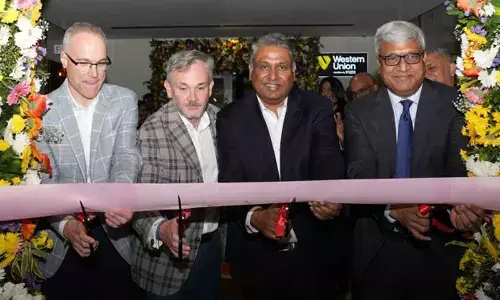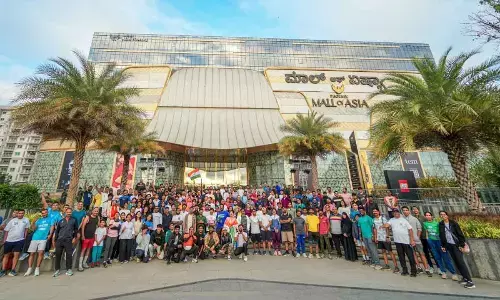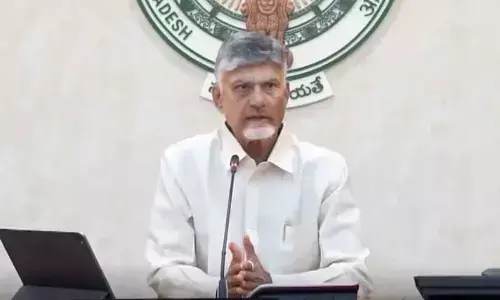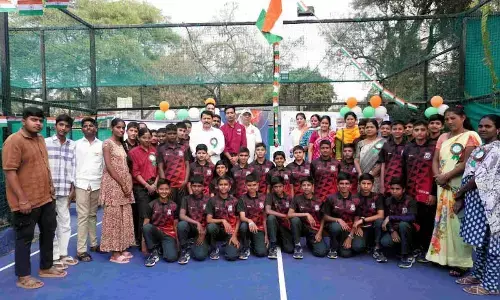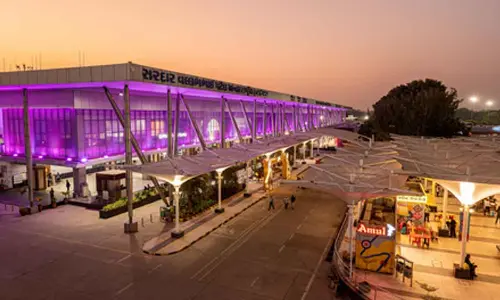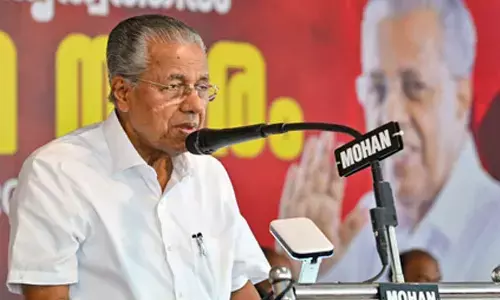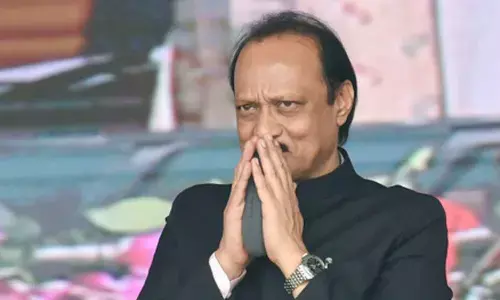Fix regional imbalances to nix divisive trends
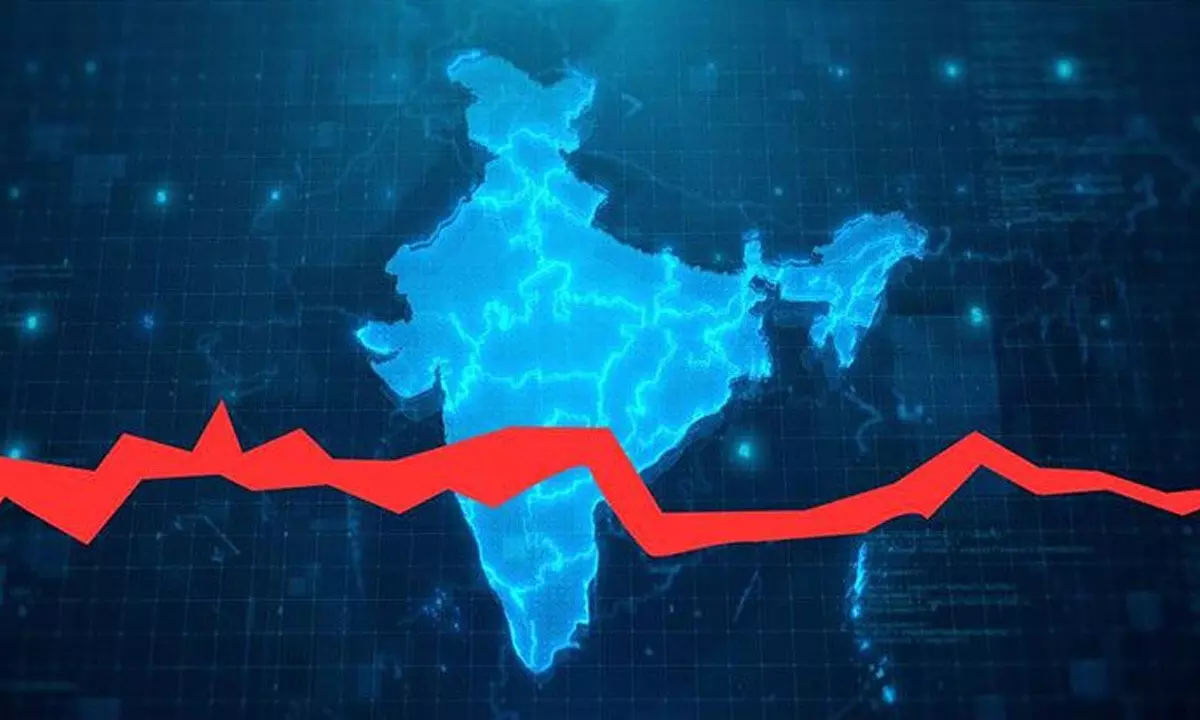
North-South divide politics rearing its ugly head as polls set to see a strong Union govt again
It was a murmur. Suddenly the voices are louder. A national party thought it fight to make it an issue and organise a dharna in New Delhi.
The issue has a long history. Under Periyar EV Ramasamy, it was the demand of Dravidar Kazhagam before independence. He made a common cause with Jinnah and wanted a division of British India into three but there were no takers for his voice at that time. At that time, the emphasis was on cultural divide. Today, the demand is based on slogans like “my state my revenue.”
There are a number of causes for these types of divisive forces to survive and keep propping up frequently. One of the main reasons is the surprisingly strong central government. Historically, we have seen whenever Delhi was weak, divisive forces were strong. During the end of Mughal dynasty, local subedars started declaring independence. But in the independent India, strong Central leadership is leading to such divisive forces to get strengthened. It happened with Mrs Gandhi during whose time, Khalistani movement took shape and became a major challenge. Such voices are again raising their heads.
Most of the regional parties are family-based, playing legacy politics and thriving and surviving on making people believe that the Central government is doing injustice to their particular state. They raise passions in the name of self-respect of the state and that of its people. The moment they see a strong central government in which they don't have a place and the possibility of the same thing coming back after elections, these elements are likely to become desperate and bring in the aforementioned arguments and it finds an instant appeal with the local population.
When Finance Minister Nirmala Sitaraman tells that the perceived injustice of the southern States is only a perception but not the truth, she forgets the fact that in such cases perceptions are far more important than the facts. Hence, clarifying and removing the perceptions and ensuring the truth reaches the public is very important and it is not an easy task. The way such perceptions are spread and are believed in by the people regarding the perceived injustice done to Andhra Pradesh with reference to division issues is a perfect example of how such perceptions can in fact be perceived as truth by the people though in reality things may be totally different. Hence, there is a need to dispel such perceptions on a continuous basis.
Since independence, for a variety of reasons the southern States have done extremely well on a number of indicators both economic and social. Some of the northern States are languishing in spite of sustained efforts since independence. Ryotwari system introduced in the southern States by the British led to a strong farmer middle class to emerge in the southern States, resulting in much wider social base participating in the development activity. The two major Southern princely states of Mysore and Travancore had enlightened rulers and the level of progress there was also good. Communal rotation in jobs and in educational institutions was introduced by the state legislatures during the British time itself in Madras presidency, resulting in non-Brahmin upper castes forming strong educated middle class even before independence. Above all, a strong and enlightened leadership since independence in the southern States led to higher levels of development.
Of course, it is not just the south. Western India has also done very well on these fronts. It is very myopic to put all the states north of Godavari into one bracket and call them as north.
Successive Finance Commissions have treated poverty as a main criterion for devolution of divisible pool of funds and hence greater share of divisible pool going from the south and the west to the north and the east. A question will naturally come at one point or the other how long this can go on in this manner.
Answer to this needs to be found at least from the present 16th Finance Commission onwards. Instead of making these tax allocations untied to any performance by the receiving States, a set of indicators to be achieved by these states should be built into the Finance Commission award. There should be a permanent secretariat set up for the Finance Commission whose duty is to monitor this and guide the next Finance Commission while giving their award.
The fact is that the growth process in the country has been uneven across the country. It needs to be addressed on priority. There cannot be an unending benefiting in terms of tax devolution to states not making sincere efforts – both for poverty eradication and for controlling population.
This in fact is going to be the biggest challenge for Modi 3.O. How effectively and tactfully he addresses this issue of regional imbalances will play an important role in shaping the future of this country.
(Writer is former Chief
Secretary, Andhra Pradesh)








